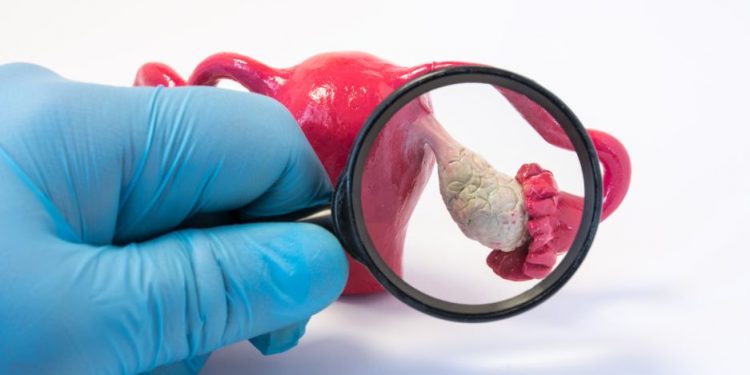Anovulation is a condition where the ovaries do not produce an egg during a woman’s menstrual cycle. This can lead to a variety of symptoms, including missed periods and irregular periods. Anovulation is also a common cause of infertility. Fortunately, anovulation is not fatal and there are treatments available.
If you are experiencing anovulation, it is important to consult your doctor. Your doctor will look at your medical history and perform a thorough exam to diagnose the problem. They may suggest that you begin tracking your cycles with at-home ovulation tests. They can also suggest treatment to help resolve the problem.
One of the most common causes of anovulation is polycystic ovary syndrome (PCOS). This is a condition where there are multiple cysts on the ovaries. These cysts cause the ovaries to produce excessive amounts of male hormones and testosterone. The hormones in excess can shrink the follicles in the ovaries, which prevents them from producing an egg for ovulation. PCOS can be treated by taking medications such as hormones and FSH. In addition, diet and lifestyle changes can be helpful in increasing your chances of getting pregnant.
Other common causes of anovulation include chronic stress, obesity, perimenopause, and low body weight. Certain medical conditions can also cause anovulation, such as thyroid dysfunction and Addison disease. Some women experience anovulation as a result of surgery or cancer. Anovulation can also occur in women who are breastfeeding, taking antiepileptic drugs, and using some forms of hormonal contraception.

If your doctor suspects you are not ovulating, they will recommend testing for other hormonal imbalances. They will measure the levels of the luteinizing hormone and progesterone in your blood. You may be advised to also monitor your basal body temperature. The basal body temperature rises during ovulation and this can be an indication of anovulation. In some cases, your doctor may refer you to an endocrinologist for further testing.
Some women who experience anovulation are not aware that they did not ovulate. If this is the case, your doctor will work with you to find a balance of hormones. The goal of treating anovulation is to make sure that your menstrual cycle is regular. If you are unable to conceive, you may be referred to a fertility specialist for assisted reproductive technology such as IVF. These types of procedures can be effective in triggering the release of a mature egg.
Some other factors that can influence a woman’s ovulation are genetic disorders and chronic illness. Other factors can also affect your menstrual cycle, including the amount of exercise you do. The more you exert yourself, the more your body will have to manufacture the hormones that will trigger ovulation. Performing a daily physical activity can help you maintain a healthy weight and improve your ovulation.
Anovulation can be caused by any number of factors, such as hormonal imbalance and a condition known as hypogonadotropic syndrome. The cause of anovulation is usually a combination of these two factors. If you believe you have anovulation, you should see your doctor as soon as possible.









